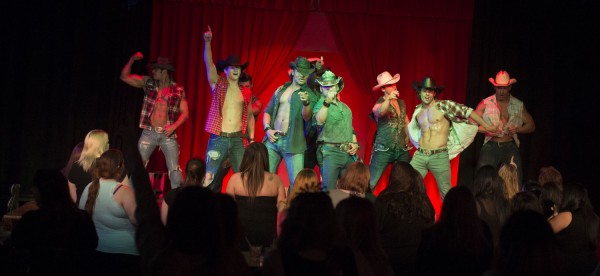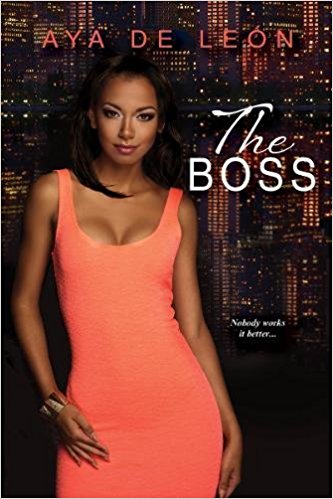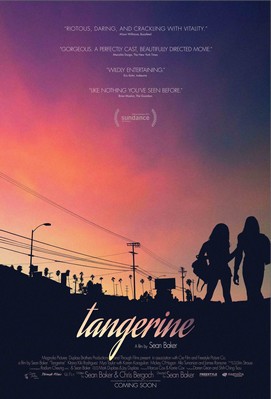La Bare (2014)

The news that Joe Manganiello was making a documentary about the Dallas male strip club La Bare thrilled me, because I loved Magic Mike and his performance in it. When it finally came to Netflix, I roped Matthew Lawrence into watching and chatting with me. It was no Magic Mike, but the real-life Magic Mike, Randy “Master Blaster” Ricks, didn’t disappoint. Below is an edited version of our real-time viewing experience. There’s probably spoilers.
Matthew: How many stars does Netflix THINK you will give this movie? For me it’s only one and a half!
Bubbles: Two for me! Seems like you don’t know me at all, Netflix.
Matthew: My Netflix is hampered by my boyfriend’s mysterious love of The Vampire Diaries, so maybe it assumes I will hate any documentary narrated by a True Blood cast member?
Bubbles: I’m so happy. I loved Magic Mike so much.
The film opens on two male strippers in cowboy hats and sleeveless shirts, about to perform for a bachelorette party.
Bubbles: Haha, it’s ok to take her number if she isn’t engaged. These outfits are fantastic.
Matthew: Those hats! I am in New England, I don’t see hats like that ever.
Bubbles: OK, so, it kicks off with the Flaming Lips “Free Radicals,” one of what I assume are many interesting musical choices. Is there a “businessman” male stripper? I guess that would be “Richard Gere Armani Suit” male stripper
Scene changes to the office of La Bare, where the manager talks about the club’s early days, when it switched from a topless club with female dancers to a male strip club named “La Bare.”
Matthew: Hahaha, nude in French or whatever.
Bubbles: “Which means nude in French or whatever.” Jinx! 9/11 killed the male stripping business? Had you heard anything about this?
 Aya de Leon’s new novel, The Boss, tackles the real issues of sex work in a criminalized society without ever coming across as preachy.
Aya de Leon’s new novel, The Boss, tackles the real issues of sex work in a criminalized society without ever coming across as preachy.
